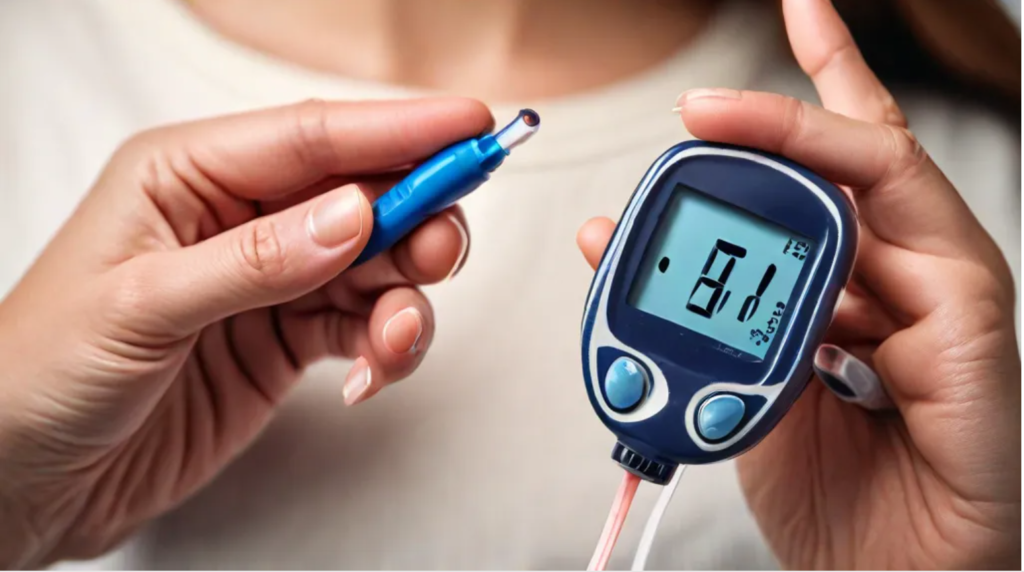Diabetes can bring many challenges. One major concern is foot health. Diabetes affects your feet in various ways. It is essential to understand the conditions, symptoms, and treatments.
Common Diabetes-Related Foot Conditions
1. Neuropathy
Diabetes can damage the nerves in your feet. This condition is known as neuropathy. You may feel tingling, numbness, or pain. Sometimes, you may not feel injuries, making them worse.
Neuropathy is a serious condition. It can lead to foot deformities. You may not realize you have an injury. This can cause infections. Regular checkups are essential. Your doctor can spot problems early.
2. Poor Circulation
Diabetes can lead to poor blood flow in your feet. This is called peripheral artery disease (PAD). PAD makes it hard for wounds to heal. This can cause infections and other serious problems.
Poor circulation can lead to severe complications. It can cause gangrene. In extreme cases, amputation may be needed. Keeping your blood sugar levels in check is crucial. It can help prevent poor circulation.
3. Foot Ulcers
Foot ulcers are open sores. They form on the bottom of the feet. Poor circulation and neuropathy can cause these ulcers. They are slow to heal and can become infected.
Foot ulcers can be very painful. They can make it hard to walk. If left untreated, they can lead to serious infections. Early treatment is vital. Keeping your feet clean and dry can help prevent ulcers.
4. Calluses
Calluses are thick, hard skin areas. Diabetes can cause more calluses. If not removed, they can turn into ulcers.
Calluses can be painful. They can cause pressure on your feet. This can lead to blisters and ulcers. Regular foot care is essential. Use a pumice stone to remove calluses gently.
5. Charcot Foot
Charcot foot is a rare but severe condition. Bones in the foot weaken and break. The foot can change shape. It may look swollen or red. Early treatment is crucial.
Charcot foot can cause deformities. It can lead to severe pain and disability. Early diagnosis and treatment are essential. Your doctor may recommend a cast or brace to protect your foot.
Symptoms to Watch For
It’s vital to check your feet daily. Here are symptoms to watch for:
- Swelling
- Redness
- Warmth
- Pain or tenderness
- Numbness or tingling
- Sores or ulcers that do not heal
- Skin changes, like color or texture
Treatments and Prevention
Keeping your feet healthy is key. Here are some tips:
1. Regular Checkups
Visit your doctor regularly. They can spot problems early.
2. Control Blood Sugar
Keeping blood sugar levels in check can prevent many foot issues.
3. Proper Footwear
Wear shoes that fit well. Avoid tight shoes. Use cushioned insoles.
Proper footwear is crucial. It can prevent many foot problems. Make sure your shoes fit well. Avoid high heels and tight shoes. Use cushioned insoles to protect your feet.
4. Daily Foot Care
Wash your feet daily. Dry them well, especially between the toes. Check for any cuts, blisters, or swelling.
Daily foot care is essential. It can prevent many problems. Wash your feet with warm water and mild soap. Dry them well, especially between the toes. Check your feet for any cuts, blisters, or swelling. If you notice any problems, see your doctor.
5. Moisturize
Keep your feet moisturized, but not between the toes.
Moisturizing your feet can prevent dry, cracked skin. Use a lotion or cream to keep your feet soft and smooth. Avoid applying moisturizer between the toes, as this can cause fungal infections.
6. Trim Toenails Carefully
Trim your toenails straight across. Avoid cutting into the corners.
Proper nail care is crucial. Trim your toenails straight across to prevent ingrown toenails. Avoid cutting into the corners. If you have trouble trimming your nails, ask your doctor for help.
7. Avoid Walking Barefoot
Always wear shoes, even at home. It protects your feet from injury.
Walking barefoot can cause injuries. Always wear shoes, even at home. This can protect your feet from cuts, bruises, and other injuries. Choose shoes with good support and cushioning.
8. Stop Smoking
Smoking affects circulation. Quitting can help your feet stay healthy.
Smoking can cause poor circulation. This can lead to severe foot problems. Quitting smoking can improve your circulation and help your feet stay healthy.
Conclusion of diabetes foot
Diabetes can cause severe foot problems. But with care, you can prevent many issues. Regular checkups, proper footwear, and daily foot care are crucial. Controlling blood sugar levels is also essential. Stay aware, take action, and keep your feet healthy.
FAQ’s
Q: Why is foot care vital for people with diabetes?
A: Foot care is crucial because diabetes can cause nerve damage and poor circulation. These issues can lead to severe foot problems.
Q: What are the common foot problems in people with diabetes?
A: Common issues include neuropathy, poor circulation, foot ulcers, calluses, and Charcot foot.
Q: How can I prevent foot problems if I have diabetes?
A: Regular checkups, controlling blood sugar, proper footwear, daily foot care, moisturizing, careful nail trimming, and avoiding walking barefoot can help.
Q: What should I do if I notice a sore on my foot?
A: See your doctor right away. Early treatment can prevent severe complications.
Remember, taking good care of your feet can lead to a healthier, more active life. If you have diabetes, make foot care a daily habit. Your feet will thank you!
Hopefully, this helps you out. If you have any more questions or need further assistance, let me know!








